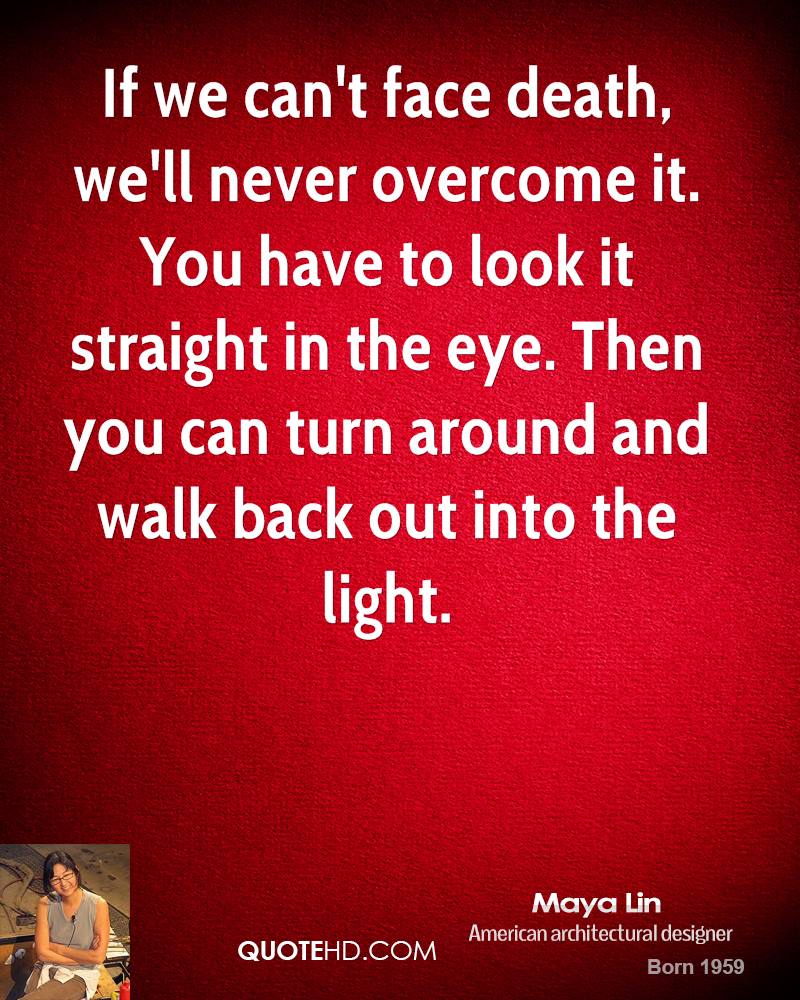In the tapestry of existence, the theme of mortality is an indelible thread that weaves through the human experience, invoking profound contemplation and at times, palpable dread. The Bahá’í teachings, rich in spiritual insight and existential understanding, provide a paradigm through which one can navigate the labyrinth of life’s transience. This exploration invites us to confront mortality not as an adversary but as a teacher guiding us toward deeper truths and uncharted realms of consciousness.
To embark on this journey, it is essential to recognize the pervasive nature of death denial in contemporary society. Many cloak their fears with distractions, allowing themselves to be engulfed by mundane pursuits. The Bahá’í perspective posits that life is but a fleeting moment, a prelude to a more profound and lasting existence beyond the physical realm. This understanding can catalyze a transformative perspective, reframing our approach to life and mortality.
At the heart of Bahá’í teachings lies the notion of the soul’s immortality. Each individual is regarded as an eternal entity, with life on Earth serving merely as a transient phase. This metaphysical view eliminates the concept of death as an endpoint, inviting adherents to embrace it instead as a transition. By perceiving death as a gateway rather than an oblivion, one can cultivate an acceptance that might, at first glance, seem insurmountable.
Moreover, Bahá’í teachings emphasize the interconnection of humanity—a web of shared experiences and collective destinies. This notion serves to remind us that, despite our apparent separateness, we are inextricably linked to one another. By fostering empathy and understanding, we can create a supportive community that collectively confronts the truth of mortality. In doing so, we diminish the isolating effects of fear, cultivating resilience together as we collectively acknowledge what lies ahead.
In this spiritual journey, the metaphor of birth offers a poignant framing. Just as birth heralds the entrance into this world, death signifies an emergence into a different reality. This cyclical perspective invites us to celebrate life’s ephemeral beauty and cherish each moment. The teachings encapsulate the essence of impermanence, urging humanity to live authentically and meaningfully, for each encounter—every single breath—is laden with purpose.
Through the lens of service, Bahá’í teachings further illuminate the pathway to overcoming the denial of death. Engaging in acts of kindness and altruism draws attention away from the self and fosters a life dedicated to the well-being of others. This selfless orientation not only enriches our own lives but also cultivates a legacy that transcends our temporal existence. The impact of our actions can ripple through generations, fortifying the belief that while our physical form may perish, the essence of our deeds endures.
Additionally, prayer and reflection play pivotal roles in the Bahá’í approach to mortality. Both offer solace in the face of uncertainty and serve as conduits for spiritual growth. By engaging in prayer, individuals can establish an intimate connection with the divine, paving the way for peace amidst the turbulence of existential contemplation. Reflection, likewise, allows one to ponder the meaning of life, the purpose behind the divine plan, and our unique role within it. Through these practices, fear can transmute into understanding, guiding individuals toward a more fulfilling embrace of life’s inevitable conclusion.
In contemplating mortality, the Bahá’í teachings advocate for the recognition of the temporality of worldly attachments. By understanding that material possessions and social status are transitory, individuals are called to prioritize spiritual development over superficial pursuits. This shift in focus alleviates the clutches of death denial, enabling individuals to pursue a life infused with meaning rather than one burdened by the fear of loss. The transient nature of worldly achievements becomes less daunting, allowing one to live authentically and to invest in endeavors that foster personal and spiritual growth.
Furthermore, the communal dimension of the Bahá’í faith provides a supportive scaffold upon which individuals can lean as they grapple with mortality. Within a community, conversations surrounding death and dying become less taboo, offering fertile ground for sharing fears, insights, and experiences. Such dialogues can serve to normalize the reality of mortality and diminish the isolation that often accompanies thoughts of death. In this shared space, individuals can collectively explore their fears, aspirations, and beliefs, fostering a holistic understanding of life’s continuum.
In summation, the Bahá’í teachings present a profound opportunity to confront and ultimately embrace mortality, transforming dread into admittance and acceptance. By understanding life as a transient journey and death as a mere portal into continued existence, adherents are empowered not only to confront their own mortality but to live with intention, grace, and empathy. Through community, prayer, service, and the cultivation of spiritual understanding, the Bahá’í Faith provides a beacon of hope in the face of life’s greatest mystery. It invites humanity to flourish within its ephemeral moments rather than recoil in fear, establishing a legacy that glimmers beyond the confines of earthly existence.
